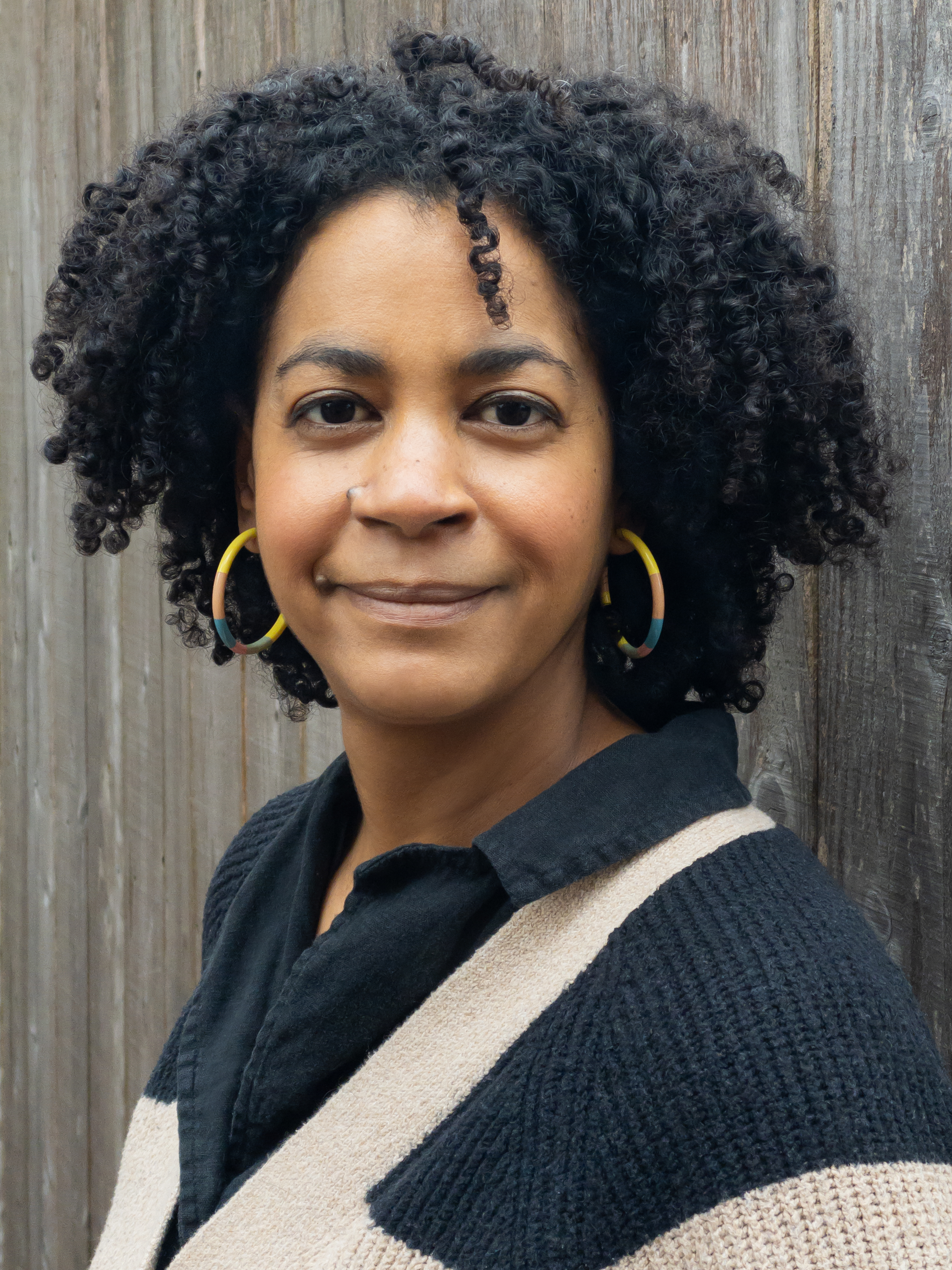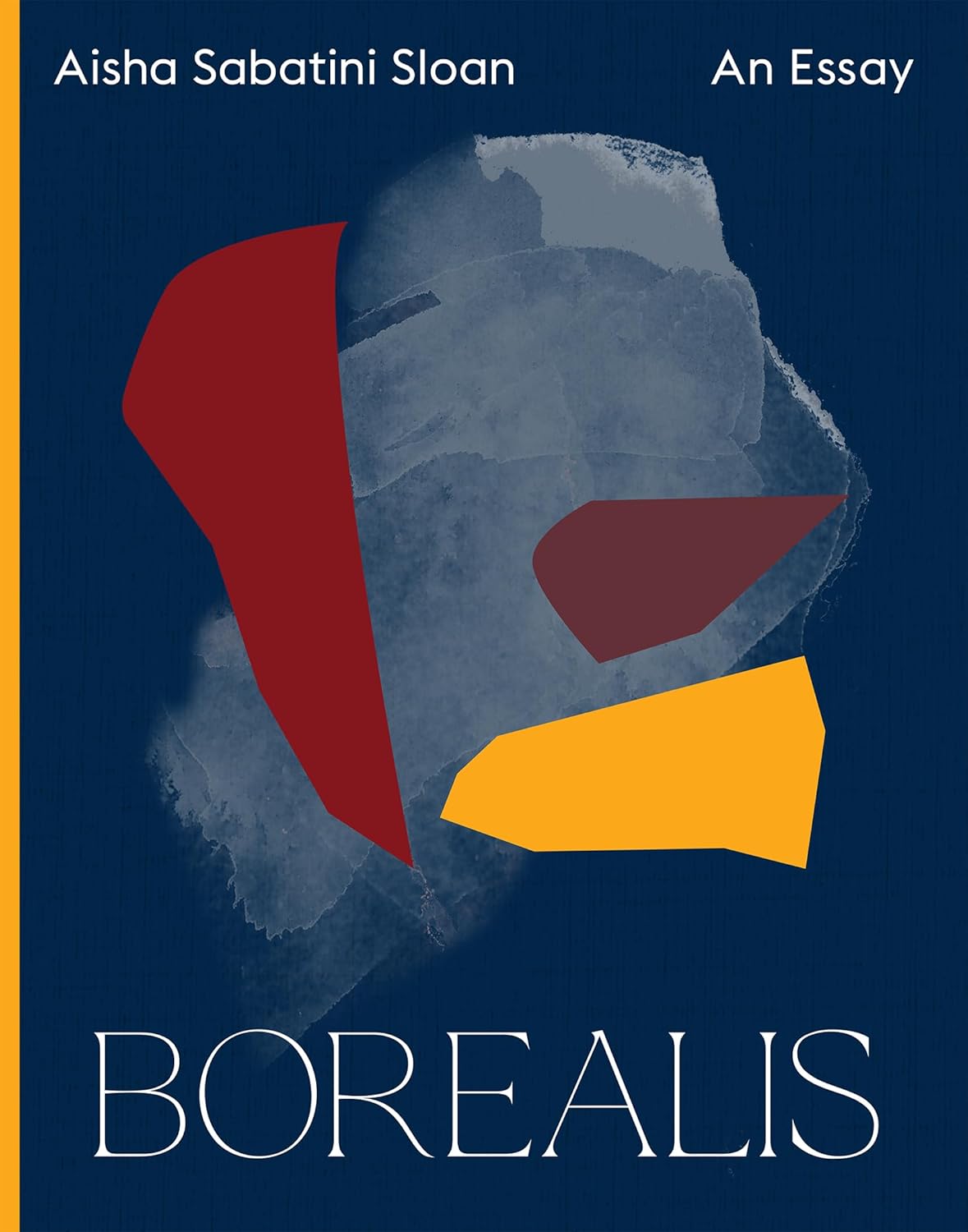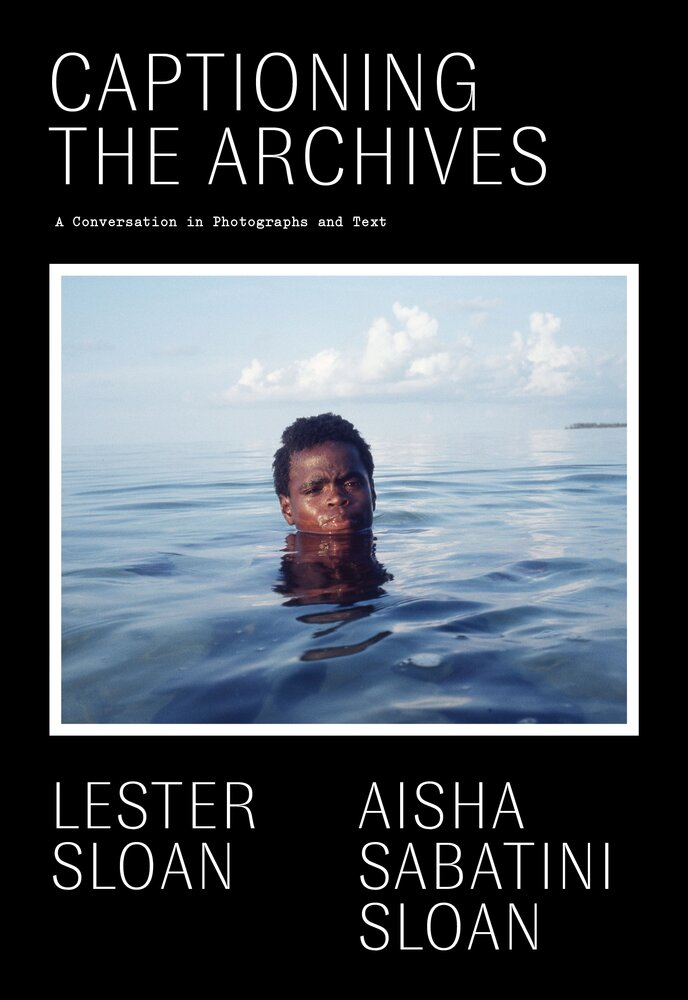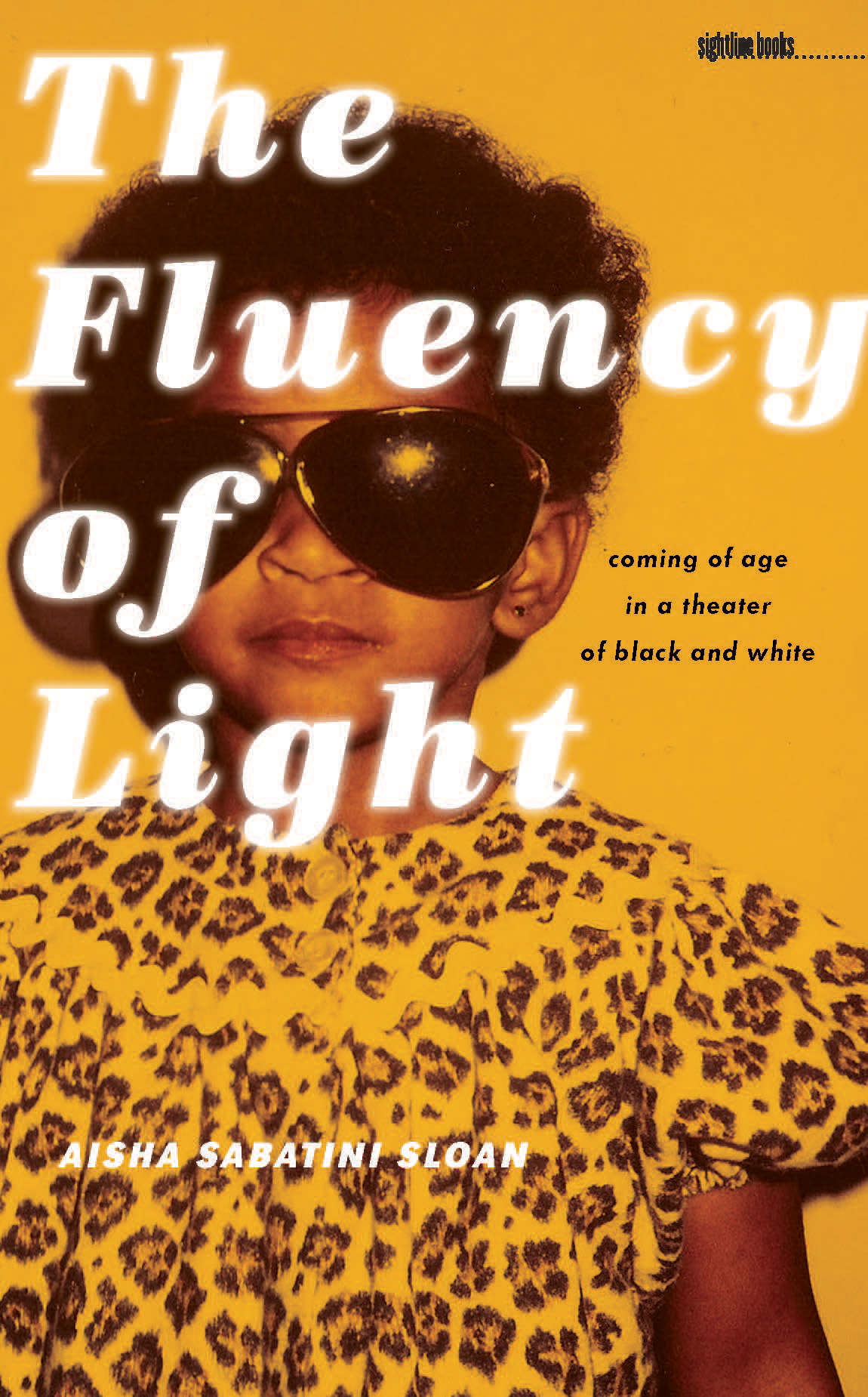Aisha Sabatini Sloan is the author of The Fluency of Light, Dreaming of Ramadi in Detroit, Borealis, and Captioning the Archives. She is the winner of the CLMP Firecracker Award, the 1913 Open Prose Contest, the National Magazine Award for Columns and Commentary, the Jean Córdova prize for Lesbian/Queer Nonfiction, the Lambda Literary Award for Bisexual Nonfiction, and a National Endowment for the Arts fellowship. Her essays can be found in Callaloo, Autostraddle, Guernica, The Paris Review, The New York Times, Gulf Coast, and The Yale Review, among other places. She is an assistant professor of English at the University of Michigan.

-
Dreaming of Ramadi in Detroit: EssaysFrom"Playlist for a Road Trip with Your Father in Honor of His Seventy-Fourth Birthday, Which Happens to Coincide with the Occasion of Prince’s Death and the Release of Lemonade"
The Sade who joins you at the hotel restaurant is not the Sade who gave you all the love she got she gave you more than she could give she gave you love. But she is a Sade who, you realize after a bit of googling, can flex muscles in her leg that most people will never know about and who may be one of the best dancers in the world even though she went to school to be a doctor. She will talk to you about making paintings in Romania while you eat food that tastes like dreams of food.
A waiter whose persona seems to have been inspired by the Steve Martin hamburger scene in the remake of The Pink Panther keeps pouring wine. You win an argument about the name of a jazz biopic even though your sparring partner has spent some SERIOUS time with Wynton Marsalis. By the end of the day you will have heard stories about artists whose names you have searched for in the stacks of many libraries, like one that begins with “Romie called me one morning” and ends with a dick joke the butt of which is, somehow, the New York Times. You fall asleep in a blue room on a mattress that wants your lower back to just go ahead and peace out. But you feel like the number-one luckiest girl in the world.
Downstairs in the dark, Aunt Jemima smiles from the confines of a painting, giving everybody the middle finger. Dreaming of Ramadi in Detroit : Essays
Dreaming of Ramadi in Detroit : Essays- Print Books
- Bookshop
-
Dreaming of Ramadi in Detroit: EssaysFrom"How to Teach a Nightmare"
We have stopped along the way to take a hike. The day is particularly radiant. The student hiking in front of me is named Leela. She has eyes not quite as green as the crushed caterpillar, but in the glow of these trees, what I’ve started to call the “Brazilian rain forests of Vermont,” she bears a certain authority. When we evaluate her work, I will describe her as a “forest sprite,” and the faculty will nod cautiously as if to say, “No more hippie shit.”
The reason that I am scared is because Galway Kinnell has Alzheimer’s disease. One of the biggest fears of my life is that my mother will become unrecognizable to me, and I to her. That she will wander off in plain sight. Each time she forgets a word or pauses, I unfurl into a kind of monster. There is nothing in the world that makes me more upset. I am bracing myself against the emotions this visit might spark, as if trying to keep myself upright. “It came to me that the presence was still there,” John Gardner once wrote, “somewhere deeper, much deeper, in the night. I had a feeling that if I let myself I could fall toward it, that it was pulling me, pulling the whole world in like a whirlpool.” Dreaming of Ramadi in Detroit : Essays
Dreaming of Ramadi in Detroit : Essays- Print Books
- Bookshop
-
Dreaming of Ramadi in Detroit: EssaysFrom"Ladies of the Good Dead"
Under quarantine in Detroit, my father has been sifting through boxes of slides in his sprawling photo archive. Each image unleashes a story for him. Last week, he told me about arriving in Sarajevo while he was covering the Olympics. He stayed with a family of friendly strangers eight years before the war. “I wonder if they survived,” he mutters to an empty room.
When my cousin was a police lieutenant, she told us about getting a call for someone who had died. At first glance, they thought the man had been hoarding newspapers or magazines, but then his daughter explained that he was a composer. The papers in those leaning stacks were original compositions.
When we hear on the news that Detroit is struggling, that people are dying do we imagine composers? Do we imagine a man who sifts through photographs of Bosnia before the war? Dreaming of Ramadi in Detroit : Essays
Dreaming of Ramadi in Detroit : Essays- Print Books
- Bookshop
“The 13 essays in Dreaming of Ramadi in Detroit deftly approach an array of topics, each building in collage-like fashion a revelatory, often startling reflection around a central subject or theme that pulls personal experience, research, and sharp observation into a vortex that ultimately holds together and gives us a way of seeing—if but for an instant—the shimmering complexity and interconnectedness of the world.” —Yelizaveta P. Renfro, Washington Independent Review of Books
“The incisive prose brims with astute observations, and Sabatini Sloan has a talent for drawing meaning from unexpected juxtapositions. . . . Readers will be spellbound.” —Publishers Weekly [on Dreaming of Ramadi in Detroit]
“In Sabatini Sloan’s hands, the essay itself offers a wide aesthetic terrain to tread through such investigations. The form is akin to breathwork throughout these pages in that her prose provides a steadying, capacious rhythm. Her language is precise and exacting but never sterile, never off beat.” —Jessica Lynne, Electric Literature [on Dreaming of Ramadi in Detroit]
Selected Works

- Print Books
- Bookshop

- Print Books
- Bookshop

- Print Books
- Bookshop

- Print Books
- University of Iowa Press
In dreamlike, imagistic essays, Aisha Sabatini Sloan tests the possibilities of collaged thought, framing insight with generous silences that widen to accommodate the readers’ response. Her roving mind dazzles with startling connections between the personal and the collective. This is the haunting testimony of one who feels herself a born trespasser, whether on road trips, in deep engagement with art, or traveling back into memory. Ever alert but fearless, she makes spaces her own. You could return to these pages a dozen times and encounter something new.